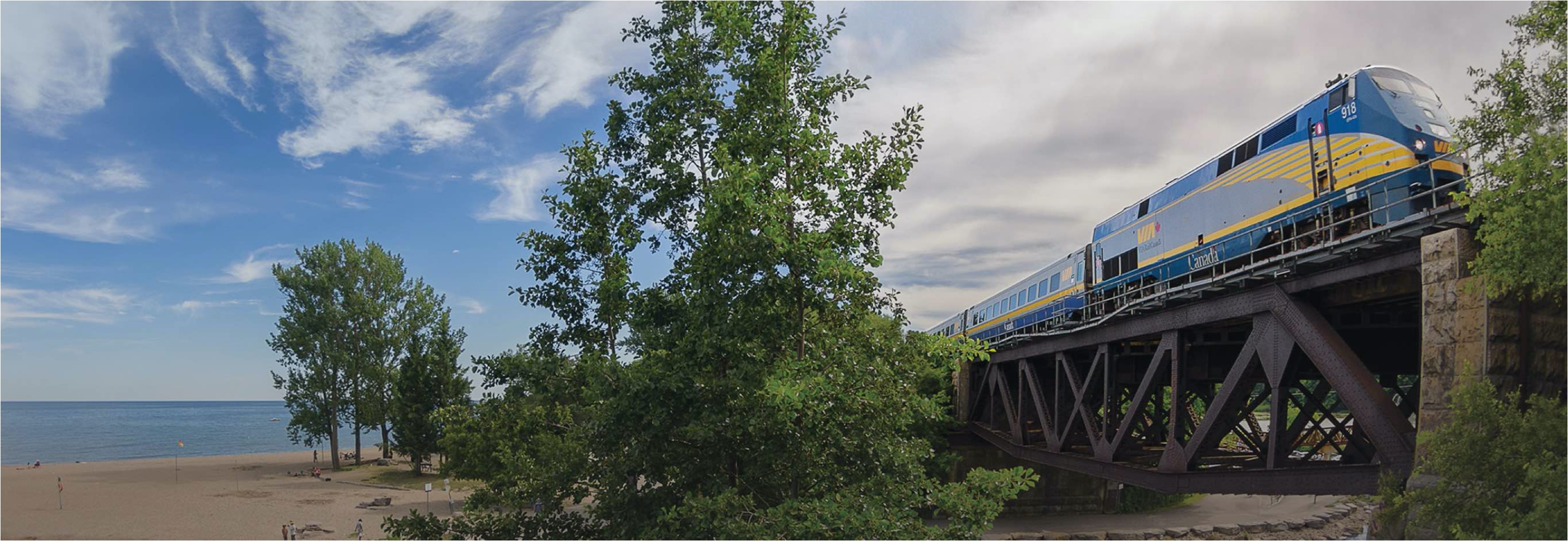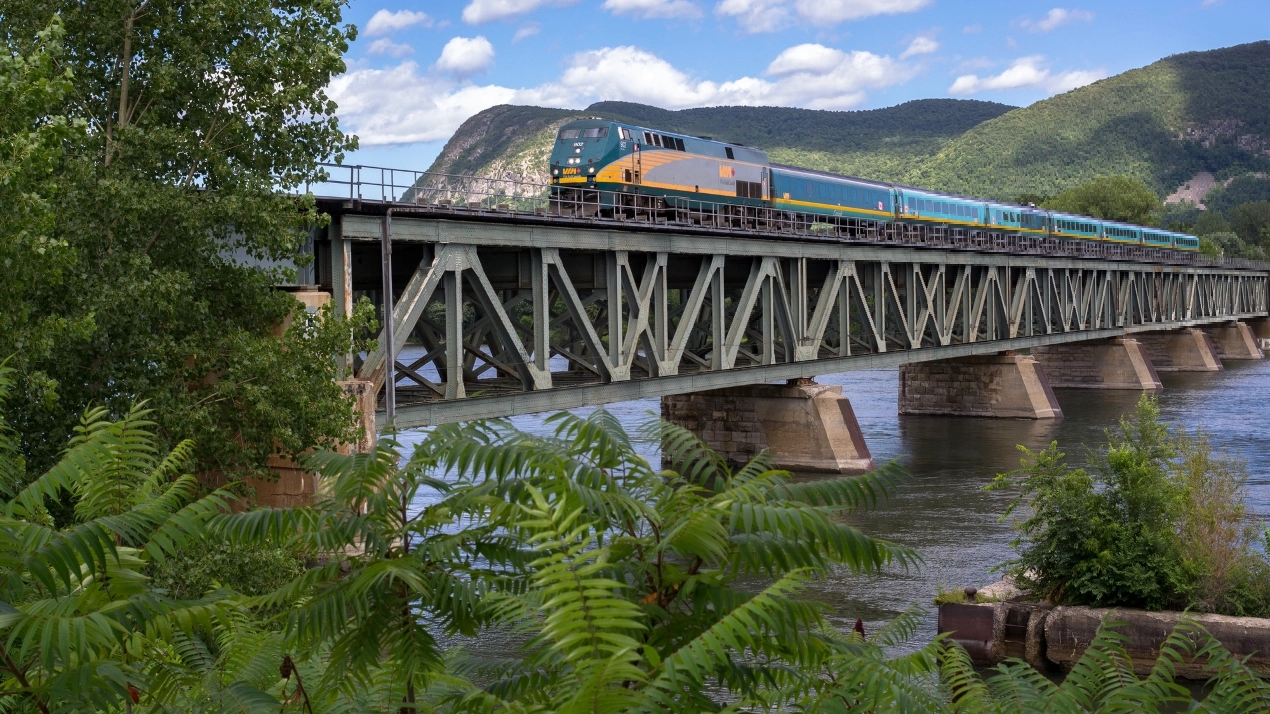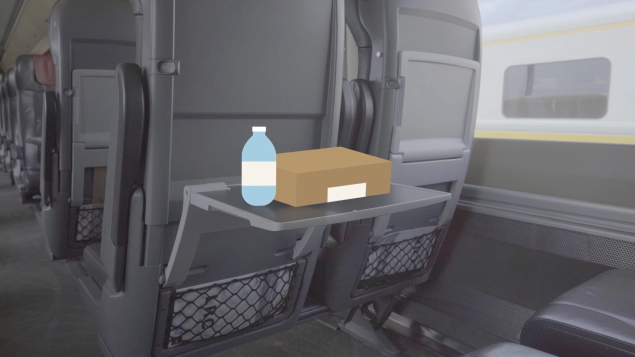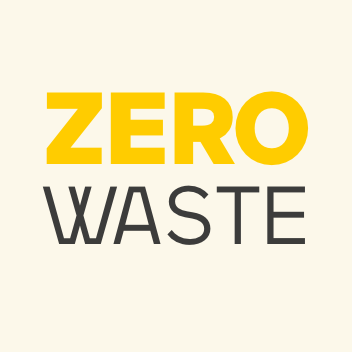Environment

Passenger rail is one of the most environmentally friendly modes of transportation which helps reduce the transportation sector’s contribution to climate change.
Switching to trains as a means of travel is better for the environment.
more efficient than road transport in the Corridor
more efficient than air transport in the Corridor
Climate action

Upgrade GHG reduction targets to support 2050 net-zero emissions ambition.
Improve fuel and energy efficiency in all operations.
Complete review of climate change risks and implement action plan.
Testing artificial intelligence to reduce emission
In 2023, we pursued a pilot program under the Innovative Solutions Canada Testing Stream to test EcoRail, an artificial intelligence-enabled software that provides driving recommendations to locomotive engineers to reduce fuel consumption and resulting GHG emissions, without affecting travel time. Following initial simulator tests confirming a potential reduction of up to 15%, we launched the project during real-time train operations. Satisfied by the preliminary results, we continued the pilot on the busiest routes in our corridor between Quebec City and Windsor.
Waste reduction
Part of our commitment to delivering a more modern and sustainable transportation network to Canadians also involves reducing our environmental footprint every step of the journey.
Our focus is on minimizing the generation of waste, re-using and recycling.

Reduce waste generated in our operations.
Increase reuse, recycling and organic waste collection.
Offering a zero-waste train

VIA Rail has committed to the ambitious goal of offering a zero-waste experience on board its new Corridor fleet by 2025. While we don’t yet have all the answers, we are using this objective to drive our entire teams to reduce our environmental footprint to the maximum. And our passengers and our planet will benefit.
In 2023, we progressed towards this objective and focused our efforts towards improving recycling rate with onboard employees, completing info sessions, in-person training and building visual job-aids. We also partnered with Earth Day Canada to create a sustainable product guide to help better choose the right replacement products and packaging towards our zero-waste objective.
